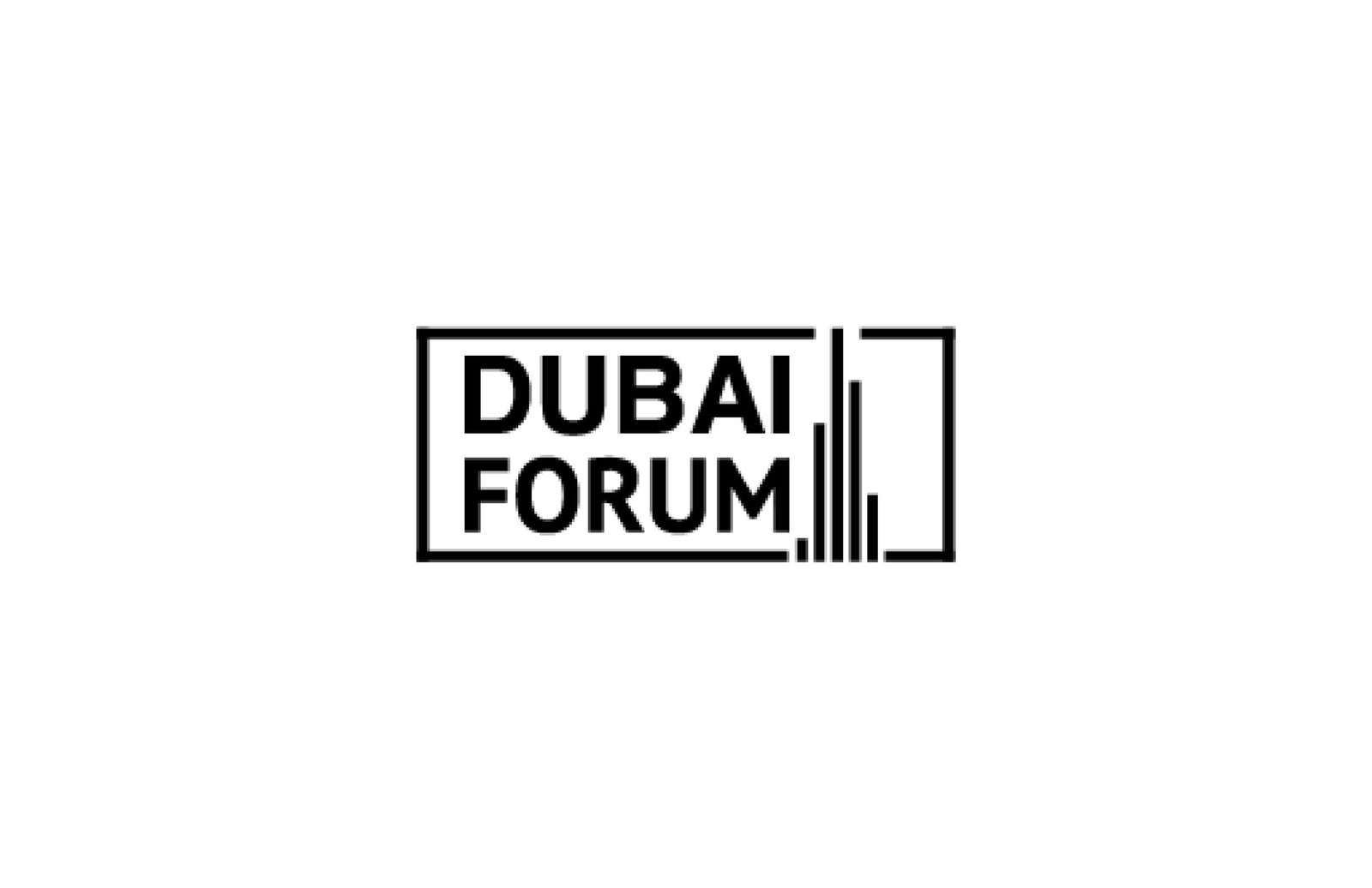In recent years, the Gulf Cooperation Council (GCC) has witnessed a transformative shift in its business and real estate sectors, driven by socio-economic factors, investment opportunities, and a solidification of regional and global ties. The countries within this region—namely Saudi Arabia, the United Arab Emirates (UAE), Qatar, Kuwait, Oman, and Bahrain—are not merely passive recipients of economic trends but active participants in a more integrated and multifaceted global economy.
A New Paradigm in Economic Adjustments
The ongoing economic diversification efforts, most prominently highlighted in Saudi Vision 2030, seek to reduce dependence on oil revenues. This vision has catalyzed various sectors, notably tourism, technology, and renewable energy, fostering a burgeoning environment for startups and entrepreneurial endeavors. As a result, investors are increasingly drawn to the region’s innovative atmospheres, which offer lucrative opportunities for growth and collaboration.
For businesses, particularly startups, the GCC presents an attractive landscape, facilitated by government initiatives aimed at nurturing entrepreneurship and innovation. The UAE has emerged as a global hub for startups, offering incentives such as tax exemptions and the establishment of free zones. In cities like Dubai and Abu Dhabi, the ecosystem for startups flourishes, characterized by co-working spaces, incubators, and accelerator programs that offer both mentorship and funding. This carefully curated environment contributes to the establishment of a vibrant business ecosystem where entrepreneurs can thrive.
Booming Real Estate Sector
Concurrently, the real estate sector in the GCC is experiencing an unprecedented boom. Urbanization, demographic growth, and the pursuit of luxuries associated with modern living have fueled demand for both residential and commercial properties. The robust influx of expatriates, attracted by job opportunities and quality of life, further exacerbates this demand.
In the UAE, for instance, the real estate market is witnessing a paradigm shift, characterized by a new emphasis on sustainability and smart city developments. Projects like the Dubai Creek Harbour and Abu Dhabi’s Saadiyat Island reflect a commitment to environmentally sustainable practices, blending modern engineering with nature. These developments not only appeal to environmentally conscious consumers but also align with global trends favoring sustainability in urban areas.
As countries compete for global investment, they have also increasingly prioritized creating smart cities, incorporating advanced technology to enhance infrastructure, public services, and environmental sustainability. This focus on innovation is evident in Saudi Arabia’s NEOM project, envisioned as a city built around advanced technology and sustainability principles.
Regulatory Changes and Investment Climate
The GCC’s regulatory frameworks have also undergone significant changes, aimed at attracting foreign direct investment (FDI). Streamlining the process of starting a business, protecting investor rights, and ensuring regulations support license issuance have collectively enhanced the allure of the region for global investors. In Bahrain, recent reforms have included 100% foreign ownership for investors in certain sectors, further enriching the investment landscape.
Moreover, the introduction of long-term visas in the UAE for skilled professionals and entrepreneurs points towards a more inclusive approach to foreign talent retention, ensuring that the region’s growth isn’t hampered by a transient workforce.
Socio-Cultural Dimensions
Beyond economics and real estate, the cultural dynamics within the GCC are also evolving. Increasingly, the region is embracing a cosmopolitan culture, influenced by its diverse expatriate populations. The blending of traditions and innovations is reflective of changing demographics, where locals and expatriates share spaces, cultures, and ideas, fostering a sense of community that transcends nationalities.
Cultural festivals, art exhibitions, and music events have proliferated, enriching the social tapestry and positioning cities like Dubai and Doha as cultural capitals in their own right. This emphasis on cultural engagement not only supports a vibrant lifestyle but also enhances the attractiveness of the region to tourists and expatriates, providing a holistic environment conducive to both work and leisure.
Conclusion
In summary, the Gulf region is undergoing a profound transformation, characterized by an intricate interplay of economic diversification, real estate development, regulatory evolution, and cultural dynamics. As countries within the GCC continue to navigate their paths toward sustainability and innovation, they stand poised to establish themselves as pivotal players in the global economy. Thus, for investors, entrepreneurs, and expatriates alike, the opportunities presented by this evolving landscape are both exciting and promising.
Tags: #BusinessNews #RealEstateNews #EconomyNews #UAE #Saudi

